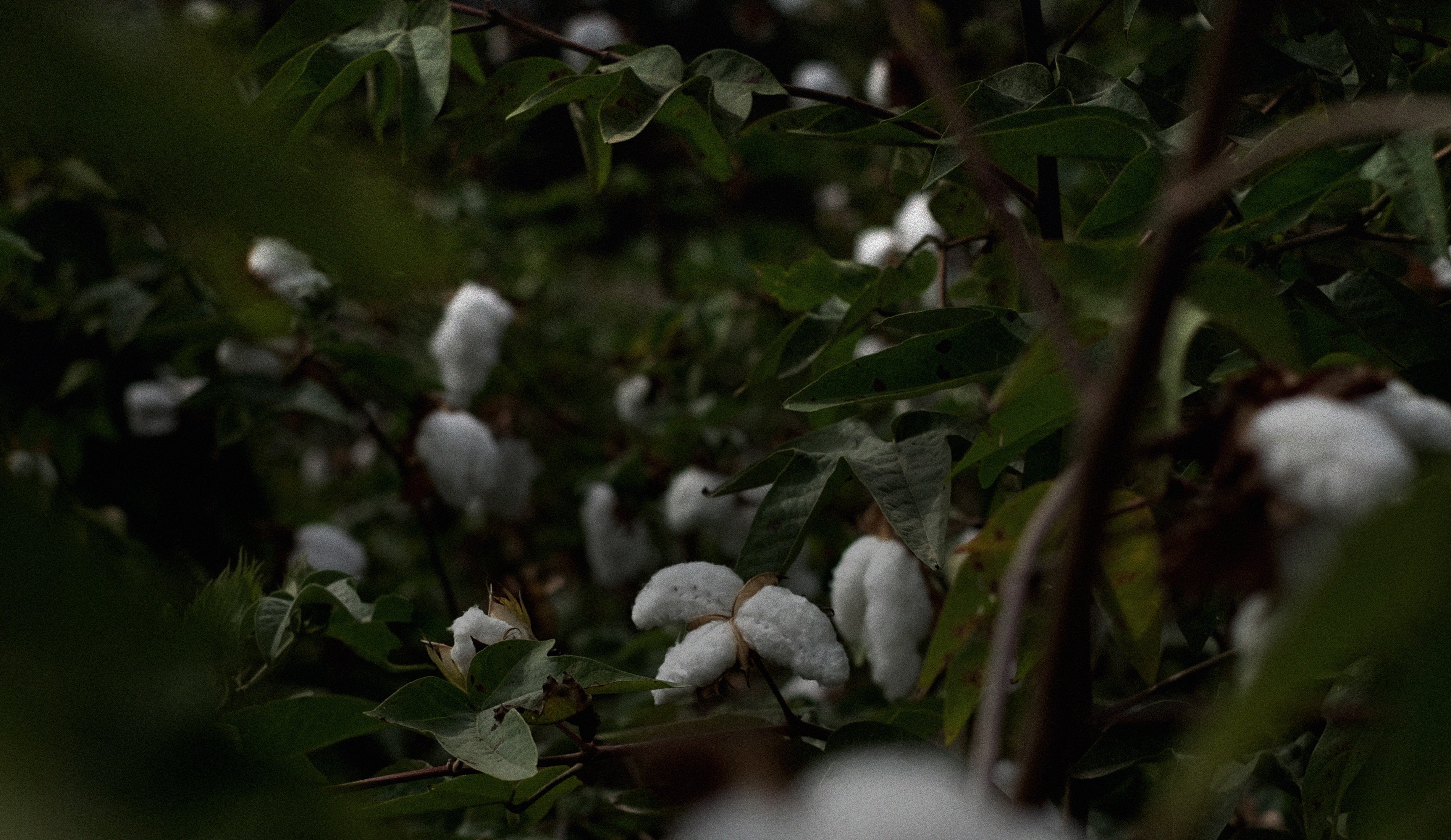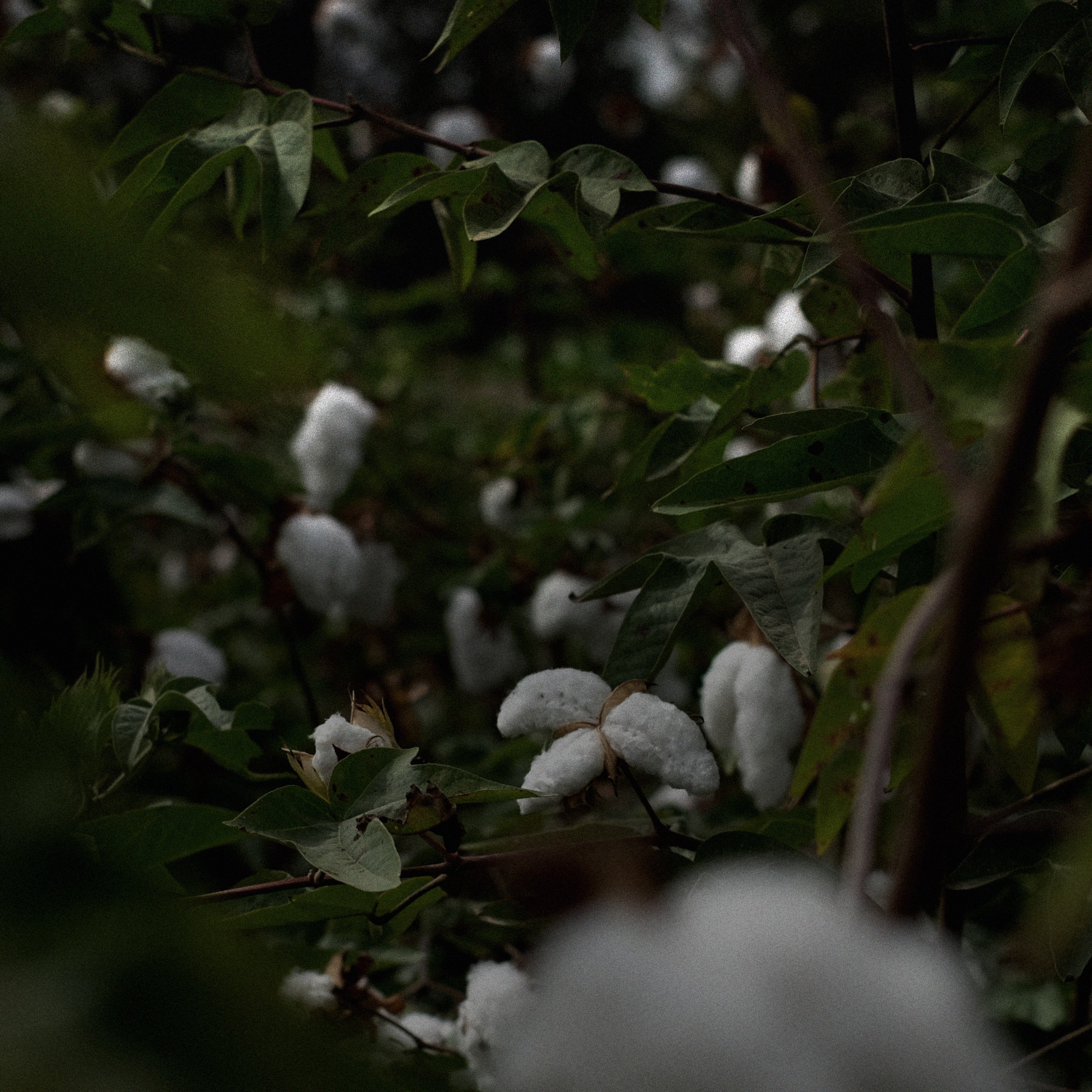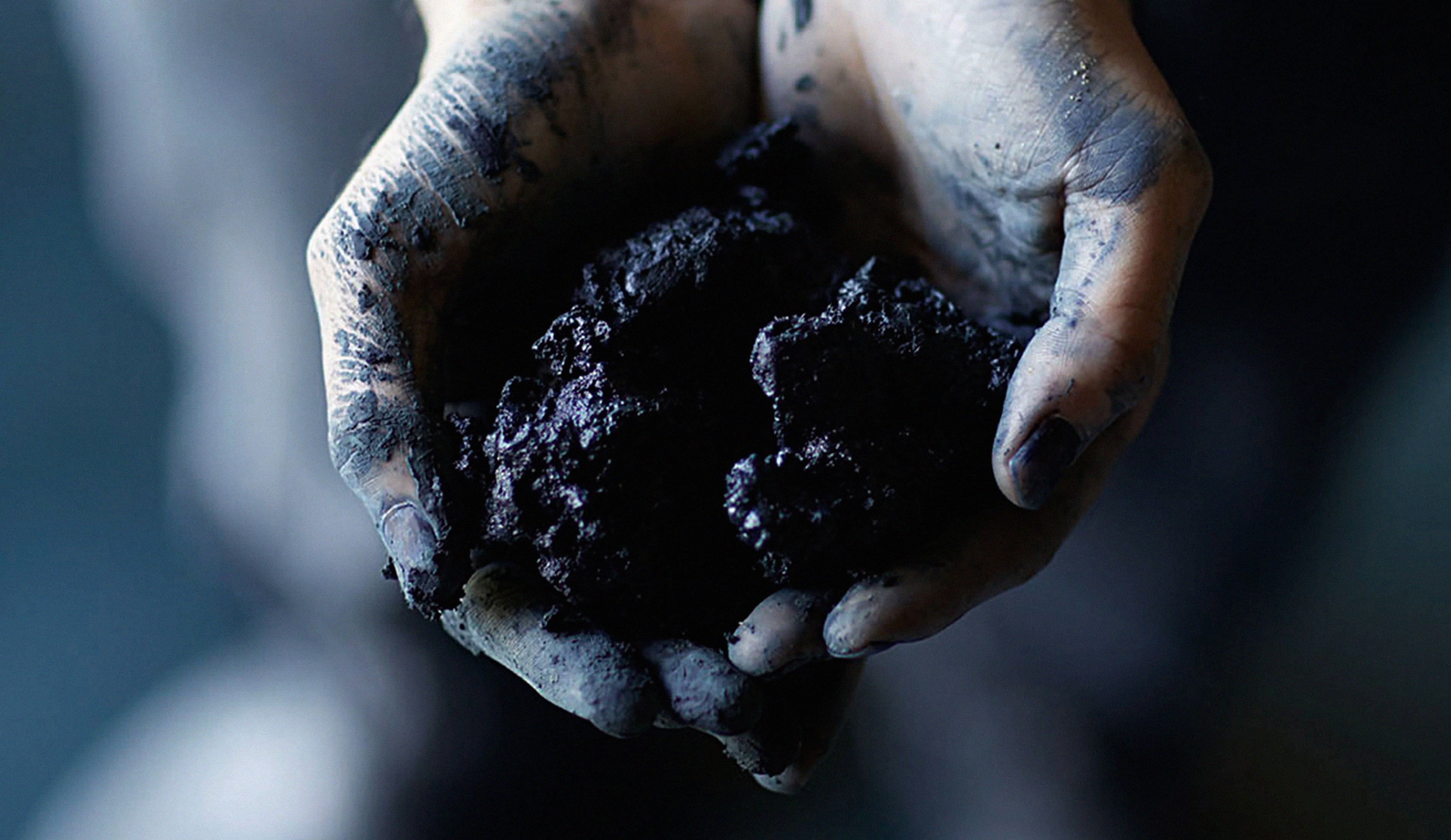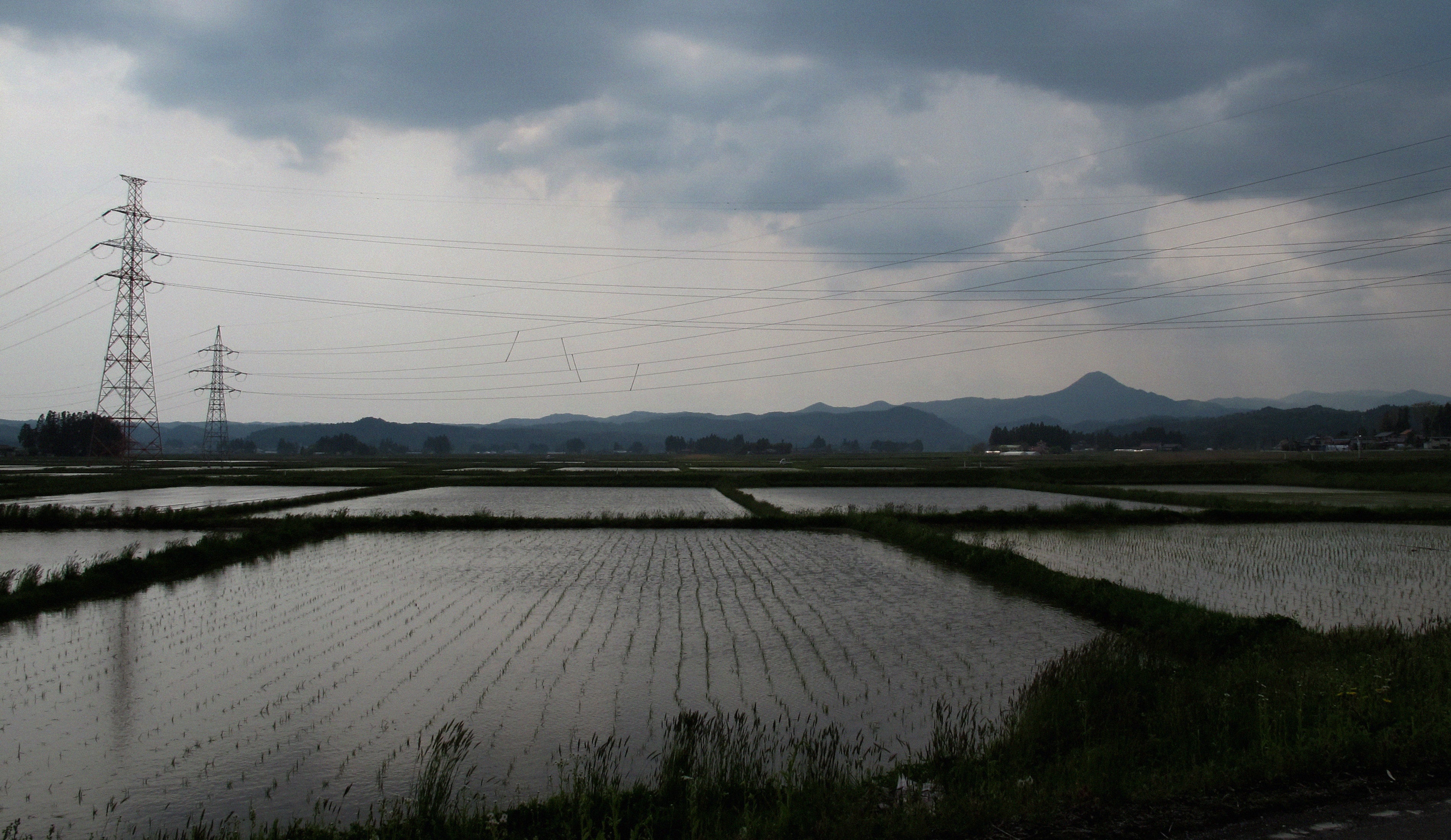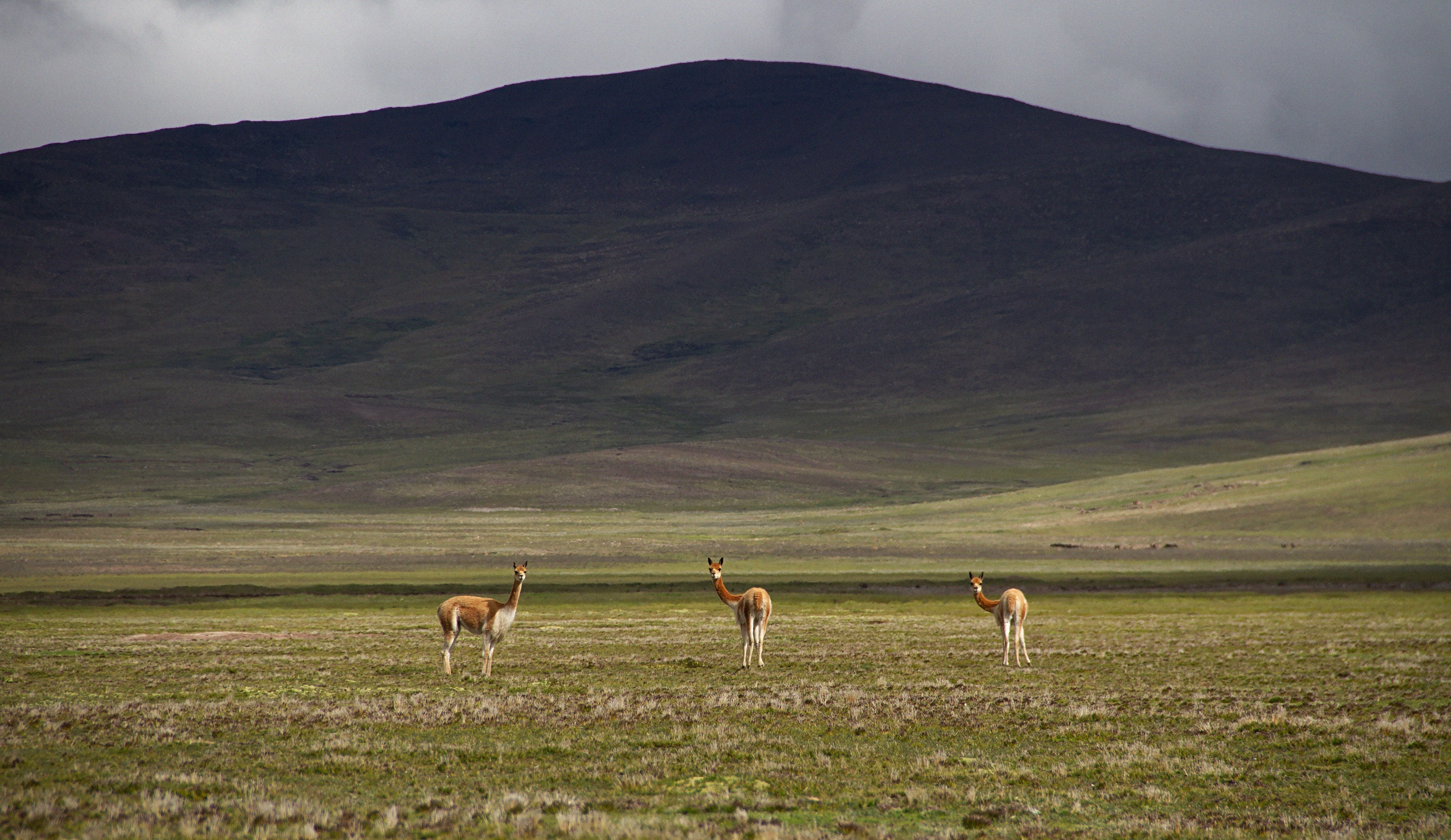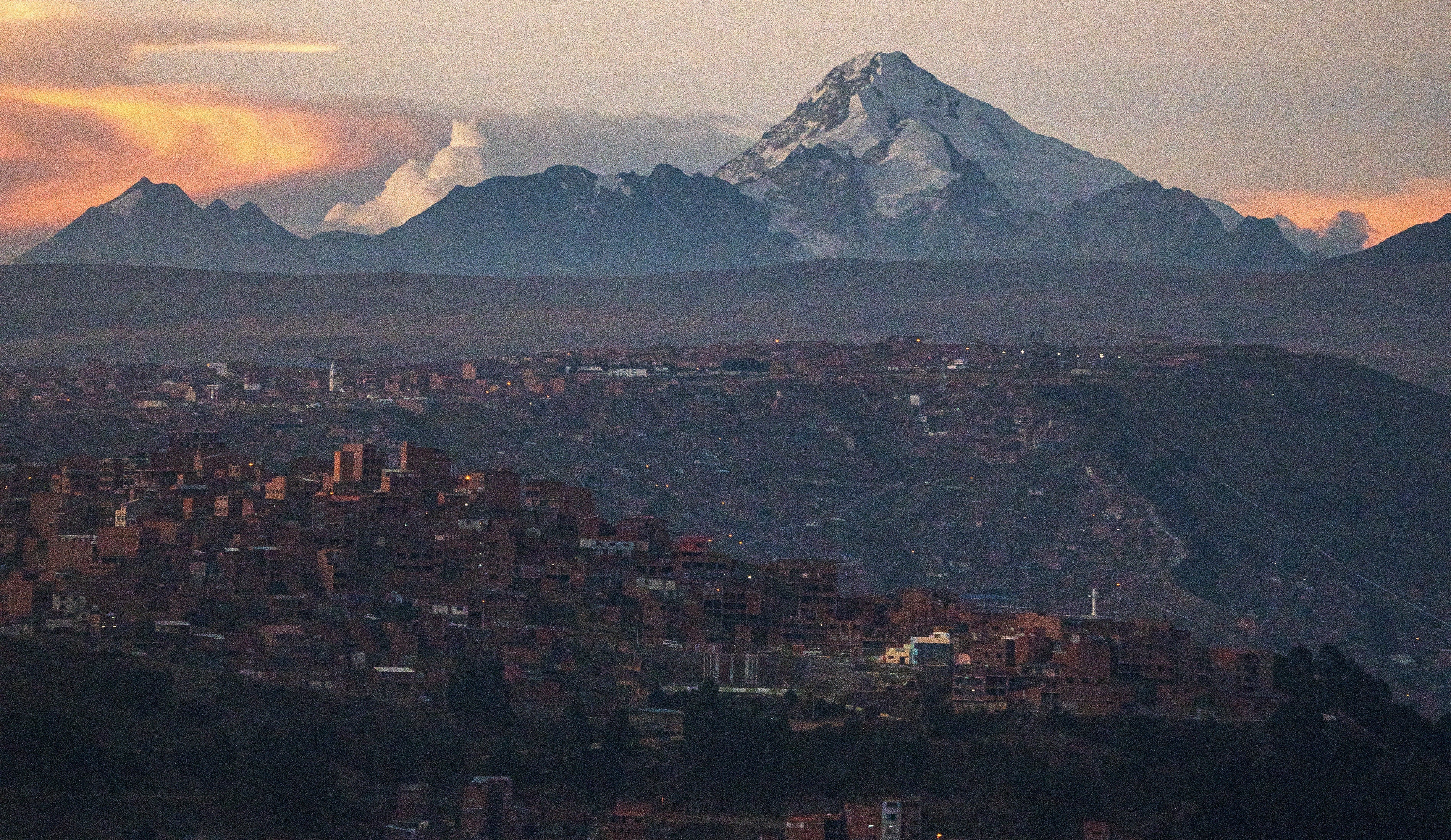We first travelled to South America in 2004 in search of the finest fibres in the world. This was the starting point of our flagship Alpaca and Vicuña collections. In 2019, fifteen years later, we discovered that the original source of what we know as Pima cotton today also originated from Peru. Indigenous communities grew Pima and other species of cotton widely throughout South America. The first clear sign of domestication of these cotton species dates back to 4200 BCE.
Conventional cotton is the most polluting crop in the world, it uses around 16% of the world's insecticides and 6% of all pesticides. These chemicals lose their efficiency every 5-6 years as the soil becomes barren and insects develop immunity forcing big agricultural producers to develop more powerful and toxic chemicals. Many of these have been identified as cancer-causing chemicals endangering the lives of farmers and their families, as well as all the humans that use cotton products, as most of these toxins are never fully eliminated.
